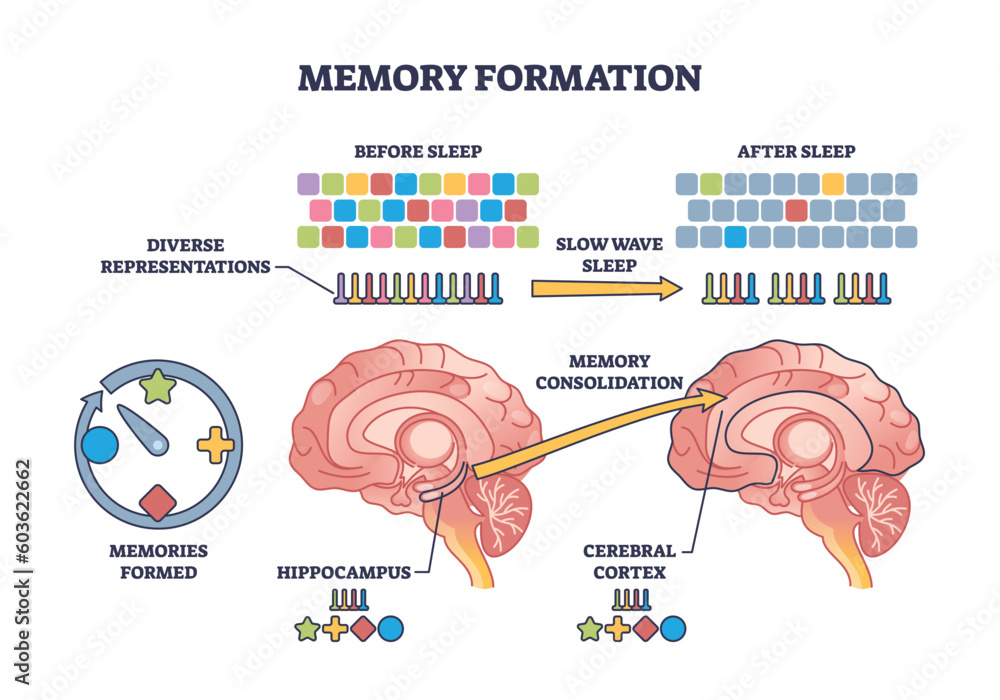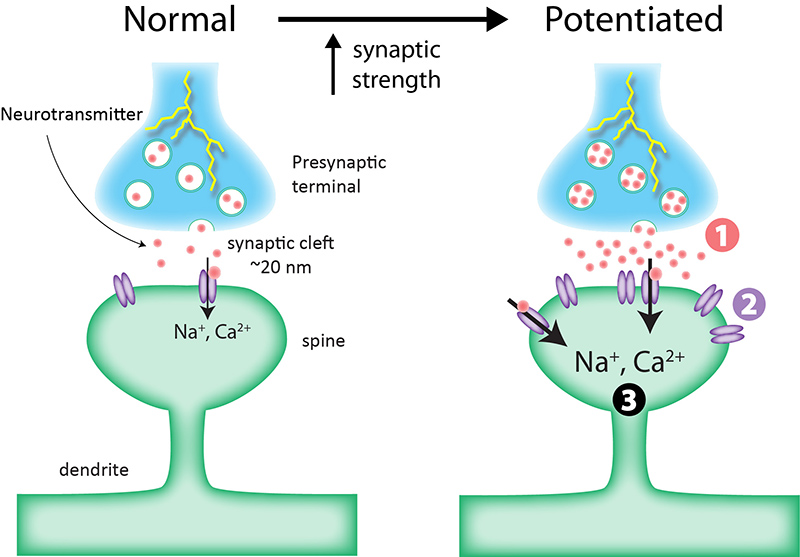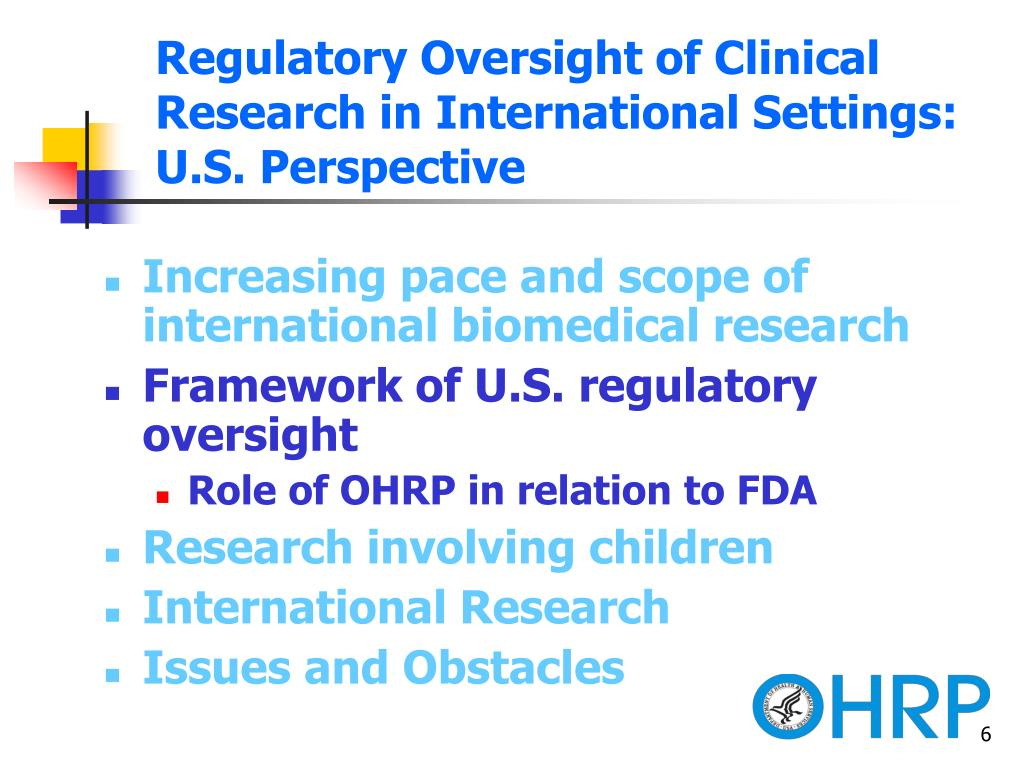
Youth well-being is a pressing issue that has garnered global attention, especially in light of recent findings from the Global Flourishing Study. This comprehensive research highlights the intricate relationship between mental health, social connections, and financial security in cultivating young people’s happiness across diverse nations. As youth in many Western countries report lower levels of well-being compared to older generations, it raises critical questions about how societal investments shape their future. The study indicates that healthy relationships, financial stability, and a sense of purpose are essential components of a flourishing life for young people. In a world where wealth does not guarantee happiness, understanding the nuances of youth well-being is crucial for fostering a supportive environment that encourages their growth and fulfillment.
Exploring the concept of well-being among young individuals, we often encounter various terms such as flourishing, happiness, and mental health. This discourse emphasizes the importance of nurturing young people’s overall happiness and safeguarding their mental wellness in today’s fast-paced world. By building strong social connections and ensuring financial stability, we can create an environment where young minds can thrive and reach their potential. The focus on youth flourishing urges society to rethink our priorities and the resources we allocate to support our younger generation. As we observe the shifting metrics of well-being, there is a crucial need to promote initiatives that enrich their lives and secure their future.
The Importance of Youth Well-Being in Global Studies
Recent research sheds light on the importance of youth well-being as a crucial factor in the global flourishing study. As highlighted by Tyler VanderWeele, many young people, especially in wealthier nations like the U.S., are facing a troubling lack of well-being. The findings indicate that while financial security is often viewed as a primary driver of happiness, it is not sufficient for youth to feel fulfilled or thriving. This emphasizes the need for a holistic approach to well-being that includes emotional health, meaningful relationships, and a sense of purpose.
Understanding youth well-being goes beyond mere financial metrics; it encompasses their mental health, social connections, and overall happiness. The Global Flourishing Study revealed that respondents in countries with lower income often score higher in measures of social connections and community support, suggesting that these elements play a pivotal role in youth satisfaction. As society seeks to invest in the younger generations, it is essential to focus on nurturing these dimensions of well-being to foster a more flourishing future.
Mental Health: A Cornerstone of Youth Happiness
Mental health is increasingly recognized as a cornerstone of youth happiness and overall well-being. The Global Flourishing Study has drawn attention to the mental health challenges faced by young people today, which can significantly detract from their capacity to thrive. Many youths report feelings of loneliness and a lack of intimate friendships, highlighting the urgency of addressing mental health support systems within communities. Programs aimed at enhancing mental health literacy and accessible resources can provide young individuals with the tools they need to navigate their emotional landscapes.
Moreover, promoting mental health awareness and reducing stigma surrounding mental illness can lead to improved social connections among young people. By fostering environments where they can openly discuss their struggles and seek assistance without fear of judgment, we can create a supportive community that enhances youth resilience. Investments in mental health programs not only contribute to individual happiness but can also lead to broader societal benefits, including reduced healthcare costs and increased productivity.
Social Connections: The Key to Flourishing Youth
Social connections are paramount in determining the flourishing of youth, as indicated in recent findings from the Global Flourishing Study. Young individuals who cultivate strong relationships with family, friends, and mentors report higher levels of happiness and fulfillment. These connections foster a sense of belonging and support, which is crucial during the formative years when young people are navigating their identities and life paths. Encouraging social engagement through community activities and peer-support initiatives can help strengthen these important bonds.
Additionally, the data suggests that social interactions can mitigate feelings of stress and isolation that many youths experience today. By prioritizing initiatives that promote strong social networks, schools and communities can play a vital role in enhancing youth well-being. Opportunities for collaboration, volunteering, and social events not only build friendships but also instill character and purpose, contributing to a generation that values solidarity and empathy.
Financial Security vs. Emotional Prosperity
The juxtaposition of financial security and emotional prosperity is a significant theme highlighted in recent studies on youth well-being. While economic stability is often equated with a successful life, research indicates that many young people from lower-income backgrounds report higher levels of happiness compared to their wealthier counterparts. This dissonance points to the notion that while material wealth can offer comfort, it does not necessarily translate to emotional fulfillment or mental health.
The Global Flourishing Study challenges conventional wisdom by demonstrating that young people’s well-being is influenced more by their social relationships and sense of meaning than by financial prosperity alone. As such, it’s essential for policymakers and community leaders to understand the broader implications of these findings and to craft interventions that address emotional and social needs in addition to economic ones. Creating a balanced approach ensures that youth flourish holistically, facilitating a healthier society.
Global Insights on Youth Happiness and Well-Being
The Global Flourishing Study offers invaluable insights into youth happiness across different nations, revealing that cultural and social contexts significantly influence well-being. The study’s comprehensive nature, encompassing a diverse array of countries, allows for a nuanced understanding of what it means to flourish as a young person today. For instance, respondents from nations like Indonesia and Mexico exhibited higher levels of subjective well-being, indicating that factors such as family cohesion and community support may outweigh economic factors in promoting happiness.
Analyzing these global perspectives on youth well-being is crucial for developing effective strategies that resonate culturally while promoting mental health and emotional prosperity. By learning from various nations, we can adopt practices that may enhance youth engagement and happiness through community-building and relationship-strengthening measures. As stressed by researchers, future societal progress hinges on recognizing these diverse pathways to youth flourishing.
Exploring the Age Gradient in Youth Well-Being
The recent findings highlight a concerning age gradient in youth well-being, suggesting that younger individuals are experiencing a decline in flourishing compared to older adults. This phenomenon, characterized by a J-shaped curve in which happiness remains steady during young adulthood before increasing in later years, poses serious implications for mental health advocacy and intervention strategies. Understanding the factors contributing to this decline is essential for addressing the specific challenges that younger populations face today.
Moreover, the findings indicate that the common struggles of young people, including academic pressure, social media influence, and economic uncertainties, can exacerbate their mental health challenges, leading to feelings of hopelessness. As such, it is imperative for parents, educators, and mental health professionals to work collaboratively to create environments that foster resilience and promote mental health awareness. Addressing these issues early on can significantly improve the life trajectories of today’s youth.
Spiritual Well-Being and Its Impact on Youth Flourishing
Spiritual well-being has emerged as a significant factor influencing youth flourishing, as evidenced by the Global Flourishing Study’s findings. Regular participation in spiritual or religious activities is associated with better mental health outcomes and higher levels of happiness among young adults. This connection underscores the need for integrating spiritual awareness into discussions around youth well-being, as it can offer a sense of purpose and community that directly impacts their overall life satisfaction.
Encouraging spiritual exploration and connection can provide young people with the tools necessary to navigate challenges and foster deeper relationships. By recognizing the role of spiritual well-being in promoting overall happiness, communities can develop supportive frameworks that encourage youth to engage with their beliefs and values. Consequently, fostering environments where young people can explore spirituality freely will enhance both their mental health and their sense of belonging.
Revisiting Economic Development Models for Youth Growth
The findings from the Global Flourishing Study compel us to revisit existing economic development models, particularly concerning youth growth and well-being. Conventional theories often equate economic success with overall societal health, but recent evidence suggests that merely focusing on economic indicators may overlook critical elements necessary for true flourishing. The contradiction seen in the rankings, where economically affluent nations like Japan ranked low in youth flourishing, challenges the status quo, prompting us to explore alternative metrics.
To cultivate a thriving youth population, it is essential to integrate measures that account for mental health, social connections, and spiritual well-being into economic planning. Policymakers need to acknowledge that investing in the holistic development of young people can reap benefits that transcend economic metrics. By prioritizing policies that support emotional and social well-being, communities can foster more resilient, engaged, and flourishing youth.
Strategies for Enhancing Youth Well-Being
In light of the Global Flourishing Study’s findings, it is imperative that we develop targeted strategies for enhancing youth well-being. This should involve a multi-faceted approach that integrates mental health support, promotes strong social ties, and addresses the unique challenges youth face. Programs that prioritize emotional education and instill coping mechanisms can empower young people to manage stress effectively while fostering resilience against life’s challenges.
Additionally, creating platforms for youth engagement and empowerment is crucial. Initiatives that allow young people to express themselves and contribute to their communities can foster a sense of belonging. Engaging youth in decision-making processes ensures that their voices are heard, and their needs are met. These strategies, when executed thoughtfully, can promote a more supportive environment conducive to flourishing.
Frequently Asked Questions
How does financial security impact youth well-being?
Financial security plays a significant role in youth well-being, as it greatly influences young people’s happiness and overall mental health. The Global Flourishing Study indicates that while wealth is often correlated with improved well-being, it is not the sole contributor. Young people in financially secure environments tend to report higher levels of flourishing, emphasizing the importance of economic stability but also highlighting that financial circumstances alone do not guarantee happiness.
What are the main factors affecting young people’s happiness according to the Global Flourishing Study?
The Global Flourishing Study identifies various factors that significantly impact young people’s happiness, including health, meaningful relationships, financial security, and spiritual well-being. These elements collectively contribute to youth well-being, suggesting that a holistic approach is vital for nurturing young people’s flourishing in life.
Why is social connection important for youth well-being?
Social connections are crucial for youth well-being as they enhance mental health and emotional support. The Global Flourishing Study emphasizes that young people who maintain strong social ties report higher levels of happiness and satisfaction. Building and nurturing friendships during youth can lead to improved mental health outcomes and foster a supportive community, essential for overall flourishing.
What trends in mental health among youth were highlighted in the Global Flourishing Study?
The Global Flourishing Study reveals troubling trends concerning youth mental health, indicating a shift from a typical U-shaped flourishing curve to a J-shaped curve. This suggests that young people’s well-being levels have become flatter during their late teens to twenties, raising concerns about mental health and life satisfaction compared to older adults. Addressing these changes is crucial for improving youth well-being.
How do positive familial relationships influence youth flourishing?
Positive maternal and paternal relationships during childhood are strongly linked to higher levels of youth flourishing in adulthood. The Global Flourishing Study shows that supportive family dynamics contribute significantly to mental health, happiness, and overall well-being in young people, highlighting the importance of nurturing familial bonds for long-term flourishing.
What role does spirituality play in fostering youth well-being?
Spirituality plays a profound role in fostering youth well-being, as indicated by the Global Flourishing Study. Regular attendance at religious services demonstrates a correlation with higher levels of happiness and flourishing in young people. Engaging in spiritual practices can provide purpose and community, which are essential for maintaining mental health and overall life satisfaction among youth.
How can we improve youth well-being based on findings from the Global Flourishing Study?
Improving youth well-being, as suggested by the Global Flourishing Study, requires a multifaceted approach that focuses on enhancing financial security, fostering meaningful social connections, and promoting mental health resources. Additionally, addressing parental involvement and encouraging spiritual engagement can also play vital roles in supporting young people’s overall flourishing and happiness.
What implications do the findings of the Global Flourishing Study have for policymakers regarding youth mental health?
The findings of the Global Flourishing Study suggest that policymakers must prioritize investment in youth mental health and well-being by addressing economic disparities, enhancing social programs, and promoting community engagement. By focusing on these areas, policymakers can create environments that foster flourishing among young people, ultimately improving their overall happiness and future prospects.
| Key Points |
|---|
| A global study reveals concerns about youth well-being, emphasizing that financial wealth does not guarantee flourishing. |
| Middle-income countries rank higher in youth well-being than wealthier nations, suggesting that other factors contribute more significantly to flourishing. |
| Data was gathered from around 203,000 participants across 22 countries, focusing on variables like health, happiness, relationships, and financial security. |
| Youth flourishing in the U.S. reflects a concerning trend, with low levels compared to older adults, highlighting a shift in life satisfaction patterns. |
| Positive childhood experiences correlate with improved adult well-being, indicating the importance of early relationships in promoting flourishing. |
| The study raises questions about how economic development impacts overall well-being and whether we are investing sufficiently in youth well-being. |
Summary
Youth well-being is a pressing concern highlighted by recent global studies, indicating that financial wealth alone cannot ensure a flourishing life. The findings underscore the importance of understanding the multifaceted aspects of well-being, including relationships, health, and spiritual fulfillment. As we navigate these insights, it becomes crucial to invest holistically in our youth to foster their development and happiness.






